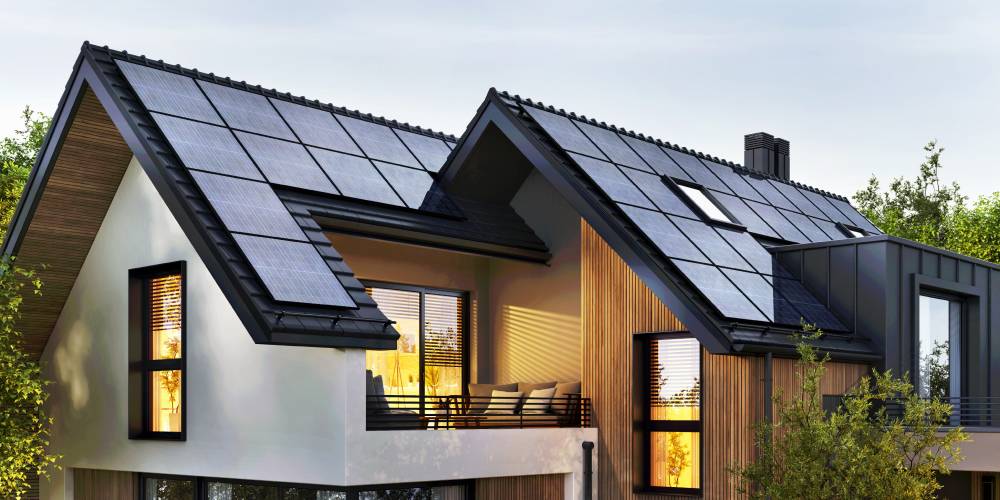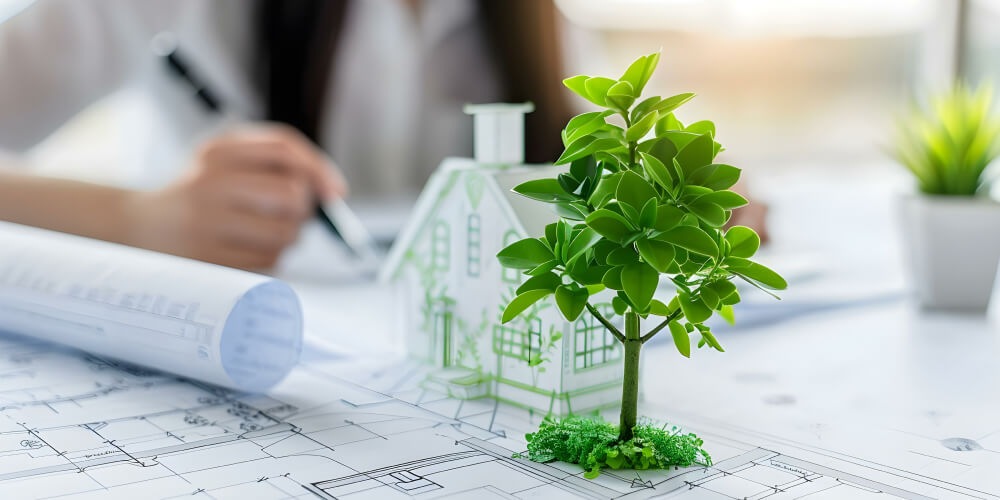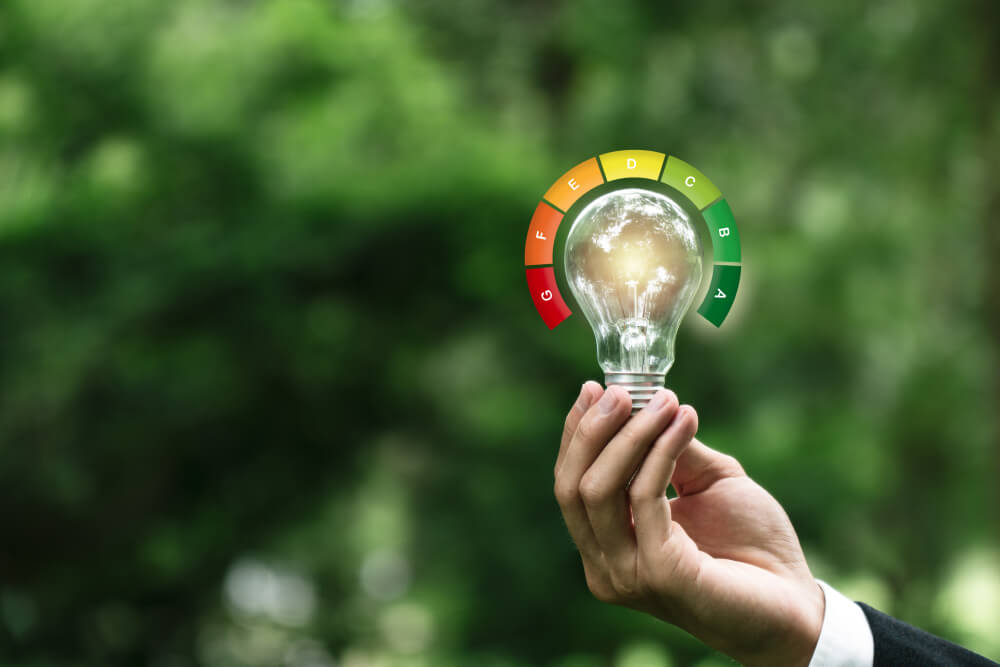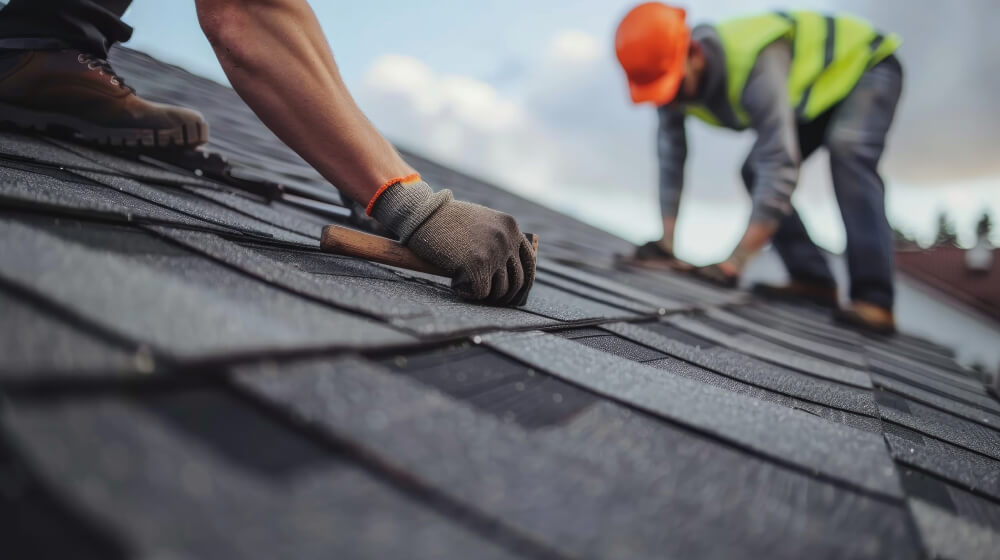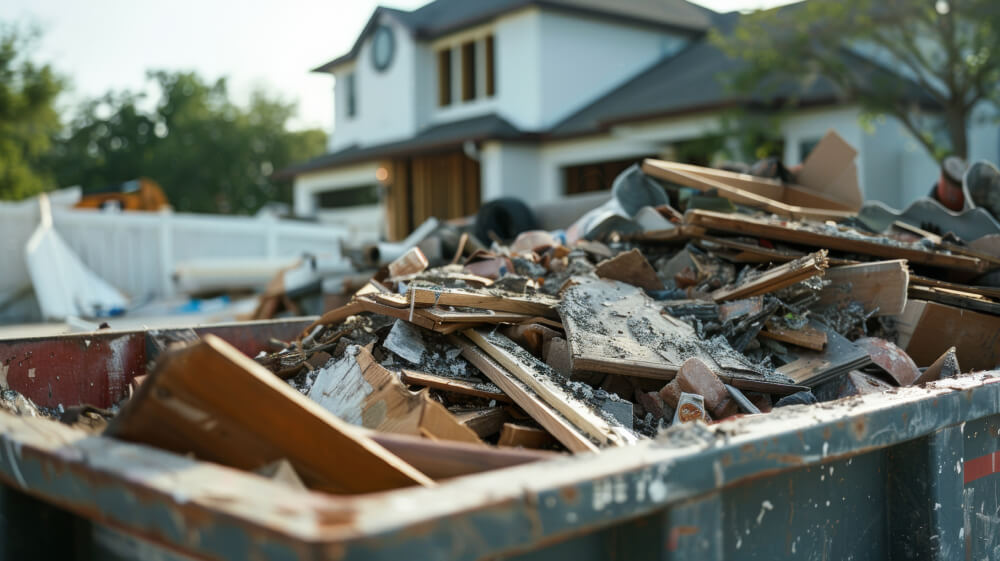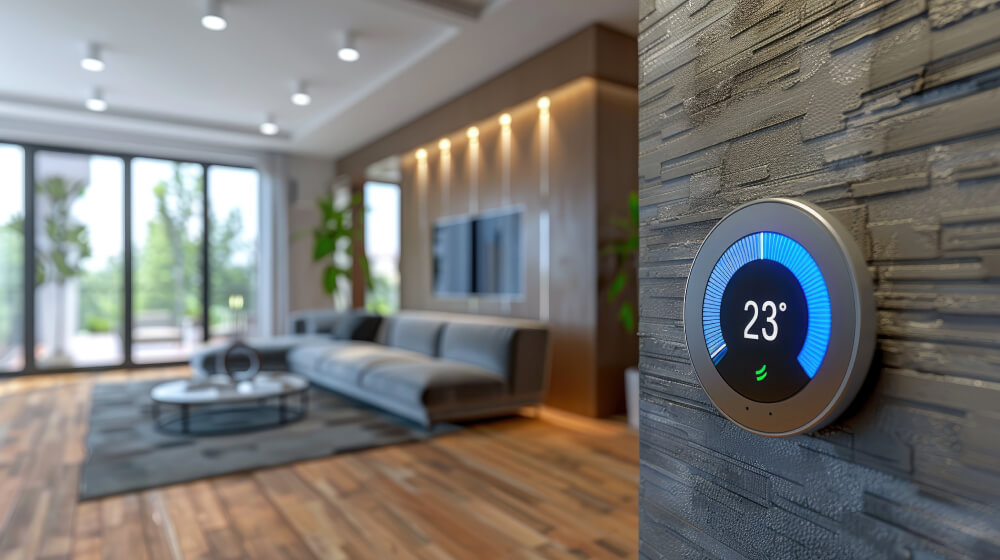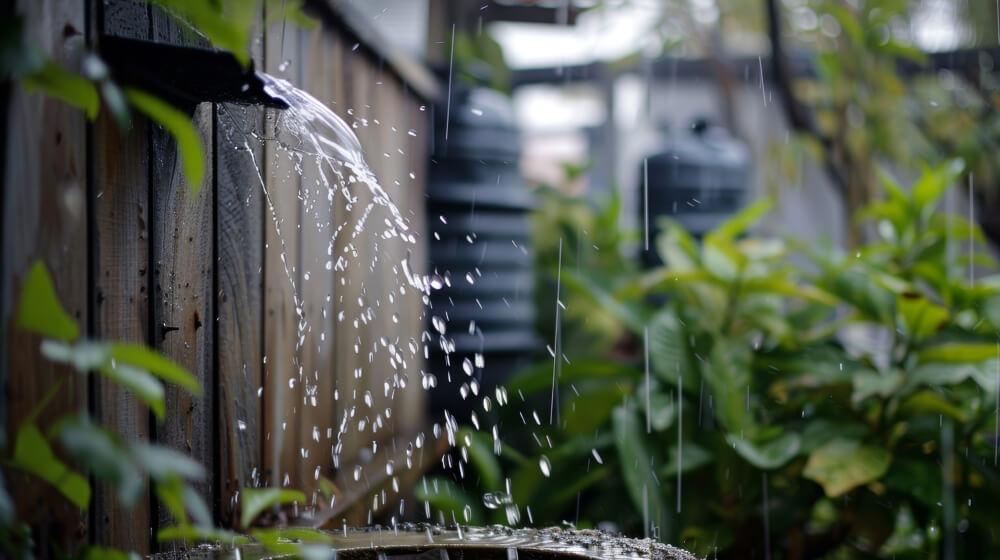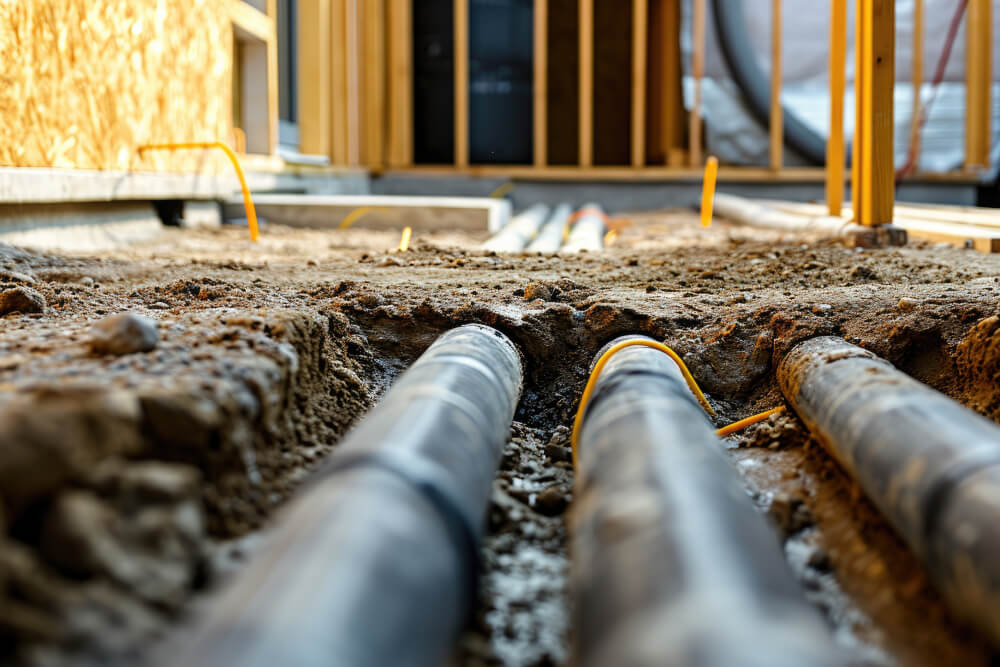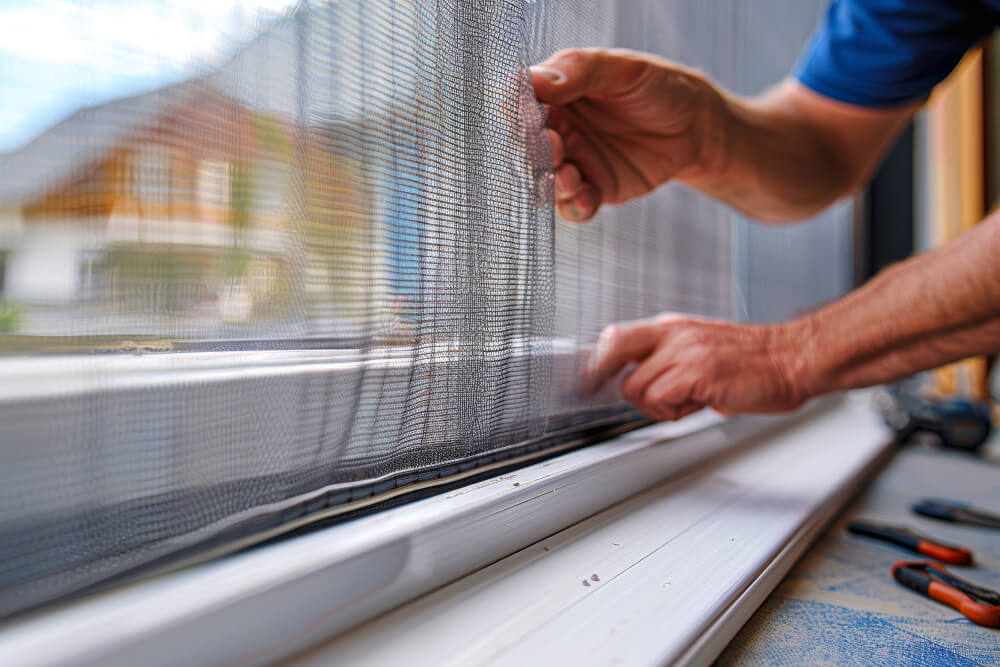1. What Is an Energy Audit?
Comprehensive Evaluation:
- Thorough Assessment: An energy audit is a comprehensive evaluation of your home’s energy consumption, identifying areas where energy is being wasted.
- Professional Analysis: Conducted by certified energy auditors, the process involves the use of specialized tools and techniques to analyze energy use and efficiency.
Components of an Energy Audit:
- Blower Door Test: Measures the airtightness of your home and identifies drafts and leaks.
- Thermal Imaging: Uses infrared cameras to detect insulation gaps and thermal bridges that cause heat loss.
- Utility Bill Analysis: Reviews past utility bills to track energy consumption patterns and identify anomalies.
- Efficiency Testing: Assesses the performance of heating, cooling, and ventilation systems, as well as appliances and lighting.
2. Benefits of Energy Audits
Energy Savings:
- Identify Inefficiencies: Energy audits pinpoint areas where your home is losing energy, such as poor insulation, drafty windows, and inefficient HVAC systems.
- Targeted Improvements: By addressing these inefficiencies, you can significantly reduce energy consumption and lower your utility bills.
Enhanced Comfort:
- Temperature Regulation: Improving insulation and sealing drafts helps maintain consistent indoor temperatures, enhancing comfort.
- Air Quality: Proper ventilation and efficient HVAC systems improve indoor air quality by reducing pollutants and maintaining humidity levels.
Environmental Impact:
- Reduced Carbon Footprint: Lower energy consumption means fewer greenhouse gas emissions, contributing to a more sustainable environment.
- Resource Conservation: Energy-efficient homes use fewer natural resources, supporting long-term sustainability.
Increased Home Value:
- Market Appeal: Energy-efficient homes are attractive to potential buyers who are looking for lower operating costs and environmentally-friendly features.
- Higher Resale Value: Homes with documented energy efficiency improvements often command higher resale values.
Join HICP Homeowner’s Alliance
Connect with experts, get special discounts and enjoy member benefits
3. How Energy Audits Support Green Home Improvements
Baseline Assessment:
- Starting Point: An energy audit provides a baseline assessment of your home’s current energy performance, highlighting specific areas for improvement.
- Data-Driven Decisions: With detailed information from the audit, you can make informed decisions about which green home improvements will be most effective.
Prioritizing Upgrades:
- High-Impact Areas: The audit helps prioritize upgrades by identifying the areas with the highest energy loss and potential savings.
- Cost-Effectiveness: Focus on improvements that offer the best return on investment, balancing upfront costs with long-term savings.
Custom Recommendations:
- Tailored Solutions: Energy auditors provide customized recommendations based on your home’s unique characteristics and your specific goals.
- Action Plan: The audit report includes an action plan with step-by-step instructions for implementing recommended improvements.
Verification of Results:
- Post-Improvement Assessment: After making improvements, a follow-up energy audit can verify the effectiveness of the changes and measure energy savings.
- Continuous Improvement: Regular energy audits help maintain and further improve energy efficiency over time.
4. Common Green Home Improvements Identified by Energy Audits
Insulation Upgrades:
- Attic and Walls: Adding or upgrading insulation in the attic and walls helps prevent heat loss in the winter and heat gain in the summer.
- Basements and Crawl Spaces: Insulating basements and crawl spaces improves overall energy efficiency and comfort.
Sealing Air Leaks:
- Windows and Doors: Weatherstripping and caulking around windows and doors seal drafts and reduce energy loss.
- Ductwork: Sealing and insulating ductwork ensures efficient airflow and reduces energy waste.
HVAC System Improvements:
- Efficient Systems: Upgrading to high-efficiency heating, ventilation, and air conditioning (HVAC) systems can significantly reduce energy consumption.
- Regular Maintenance: Ensuring regular maintenance and cleaning of HVAC systems improves performance and longevity.
Energy-Efficient Windows:
- Double or Triple Glazing: Installing double or triple-glazed windows reduces heat transfer and enhances insulation.
- Low-E Coatings: Low-emissivity (Low-E) coatings on windows reflect heat and improve energy efficiency.
Lighting Upgrades:
- LED Bulbs: Replacing incandescent bulbs with energy-efficient LED bulbs reduces electricity usage.
- Smart Lighting: Smart lighting systems with motion sensors and timers further optimize energy use.
Appliance Replacement:
- ENERGY STAR Appliances: Upgrading to ENERGY STAR-certified appliances ensures high energy efficiency and lower operating costs.
Renewable Energy Integration:
- Solar Panels: Installing solar panels allows you to generate your own renewable energy, reducing reliance on the grid and lowering utility bills.
- Wind Turbines: In suitable locations, small wind turbines can also provide renewable energy for your home.
5. Choosing a Qualified Energy Auditor
Certifications and Experience:
- Professional Certification: Look for auditors certified by organizations such as the Building Performance Institute (BPI) or the Residential Energy Services Network (RESNET).
- Experience: Choose an auditor with a proven track record and experience in conducting energy audits for homes similar to yours.
Reputation and References:
- Customer Reviews: Check online reviews and testimonials to gauge the auditor’s reputation and quality of service.
- References: Ask for references and contact previous clients to inquire about their experiences.
Comprehensive Services:
- Detailed Report: Ensure the auditor provides a comprehensive report with clear recommendations and an action plan.
- Follow-Up Support: Look for auditors who offer follow-up support and verification services after improvements are made.
Energy audits are a vital tool in the pursuit of green home improvements. They provide a detailed assessment of your home’s energy use, identify areas for improvement, and offer customized recommendations to enhance energy efficiency. By conducting an energy audit, you can make informed decisions, prioritize high-impact upgrades, and achieve significant energy savings. Embracing these improvements not only reduces your environmental impact but also increases comfort, lowers utility bills, and enhances the value of your home. Make energy audits a cornerstone of your green home improvement strategy for a more sustainable and energy-efficient future.



